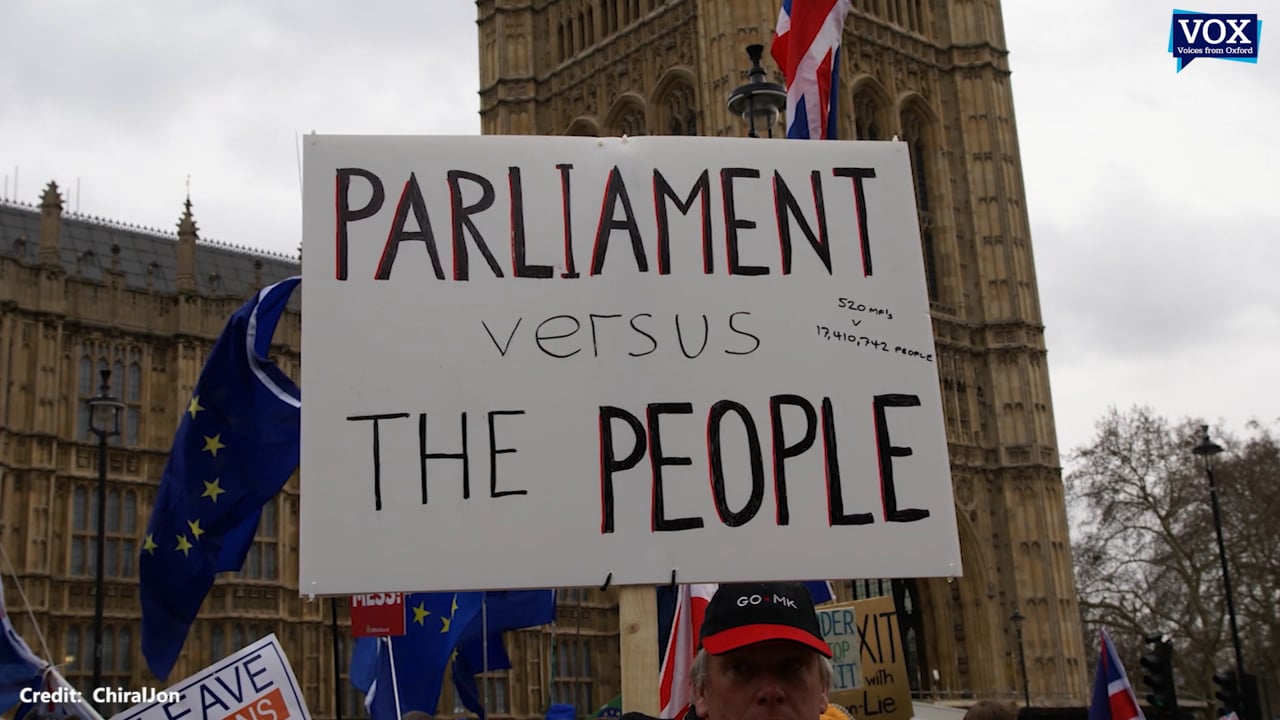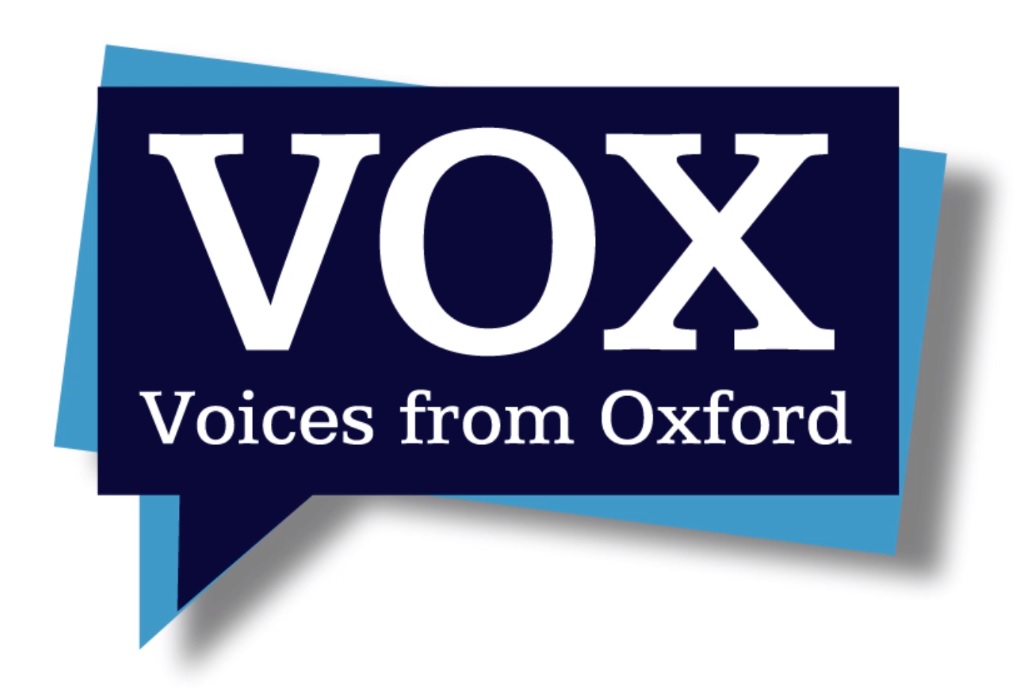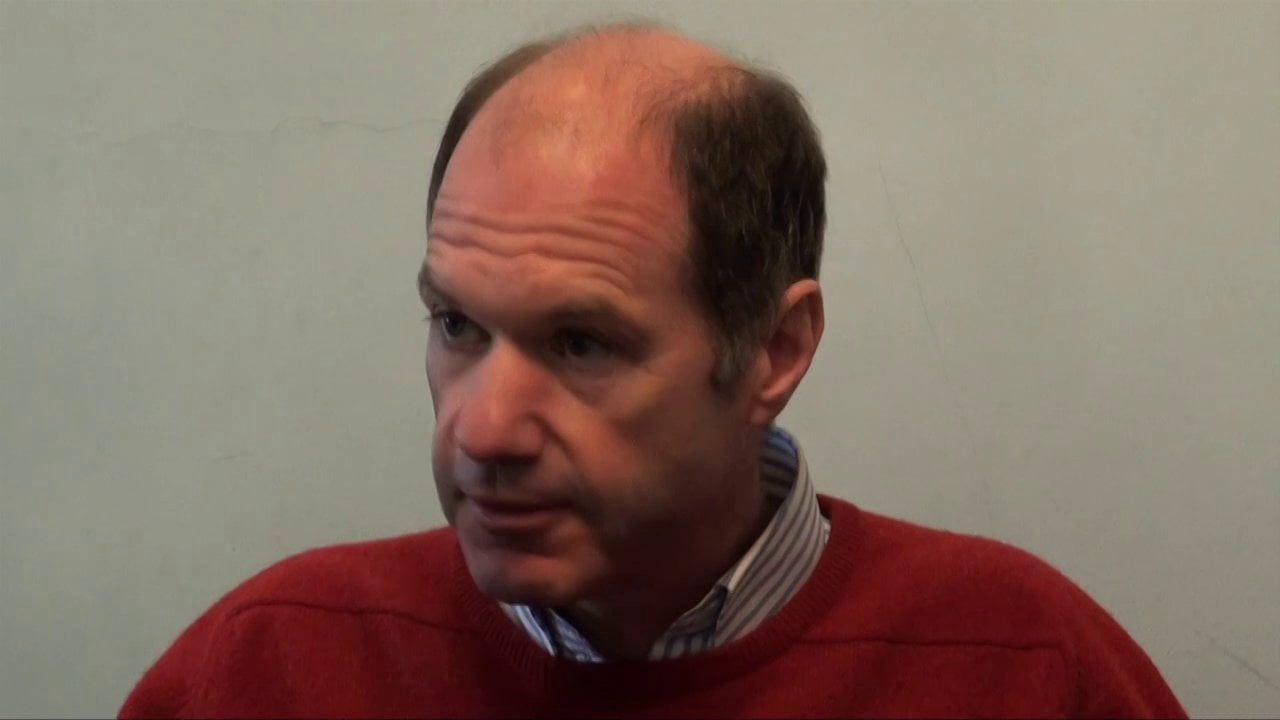
“We was robbed!”
There is a certain point when myth takes hold in politics. It allows truth to be sidelined or its impact minimised. A compelling mythology of this type has been that somehow the United Kingdom was hoodwinked into joining the European Economic Community (EEC), which morphed into the EU dragon. It falls into the “we was robbed” category. It came up repeatedly during the Brexit referendum in 2016. “We didn’t sign up to this when we joined the Common Market”. But, of course, this has some credibility. After all, when the UK joined, it joined a group of just six nations, and it is also true that the UK joined for economic rather than political reasons. Yet, the “ever closer union” was written into the Treaty of Rome.
From the outset, the UK’s relationship with its European partners has been a divisive issue that cut across party politics. For Labour and the Conservatives, it has been, in various degrees, toxic. A ghost that even now won’t go away.
Macmillan’s reservations
The UK government in the 1950s had been suspicious of the French plan for a supranational body. Moreover, the “ever closer union” existed in the original Treaty of Rome when the EEC was established in 1958. So, the UK went instead with the new European Free Trade Association (EFTA), with Austria, Denmark, Norway, Portugal, Sweden, and Switzerland.
The UK’s application to join the EEC was economically driven, but the arguments were geopolitical. The UK was becoming the “sick man of Europe.” Alarmed at the rapid economic advances made by France and Germany, Prime Minister, Harold Macmillan, sought to join the EEC. However, in 1963, French President, Charles de Gaulle, vetoed Britain’s application. Macmillan, in any event, appeared reluctant, and it is clear his heart was not in it.
“Walked a bit – pondered a lot….” Macmillan wrote in his diary. “Shall we be caught between a hostile (or at least less and less friendly) America and a boastful, powerful ‘Empire of Charlemagne’ – now under French but later bound to come under German control. Is this the real reason for ‘joining the Common Market’ (if we are acceptable) and for abandoning a) the Seven b) British agriculture c) the Commonwealth. It’s a grim choice….” (Macmillan, 9 July 1960, diary entry)
The UK had to choose. It would be increasingly difficult to stand alone.
“Shall we be caught between a hostile (or at least less and less friendly) America and a boastful, powerful ‘Empire of Charlemagne’ – now under French but later bound to come under German control.”
Harold Macmillan, 9th July 1960
The Wilson government also failed to take Britain into the EEC in 1967. Georges Pompidou, who succeeded de Gaulle, finally relented, and Britain joined in January 1973 under the premiership of Edward Heath (an enthusiast for membership who had been Macmillan’s chief negotiator in the first bid). No doubt economics provided the impetus, but Labour’s Tony Benn put the political case against in the first referendum eloquently, just as Roy Jenkins put the case for membership. As Lord David Owen points out, see below, Labour Leader Hugh Gaitskell had warned that the EEC would lead to the United States of Europe. As its leader, he had led the Labour Party in opposition to membership in 1962.
“It means – I repeat it – that if we go into this we are no more than a state (as it were) in the United States of Europe.”
Hught Gaitskell, speech to Labour Party Conference, 3rd October, 1962
Even Churchill supported such a move for European countries.
In 1946, Churchill delivered his famous speech at the University of Zurich, advocating a ‘United States of Europe’, urging Europeans to turn their backs on the horrors of the past and look to the future. In 1948, Churchill was Honorary President at the Grand Congress of Europe.
“to build a kind of United States of Europe. In this way only will hundreds of millions of toilers be able to regain the simple joys and hopes which make life worth living”.
Winston Churchill, Zurich, 1946
From both the left (Tony Benn) and the right (Enoch Powell), and at times drawing on quite different arguments, the campaign against the EEC during the 1975 referendum failed to win a majority of public opinion. For Tony Benn, it was about democracy. The principal argument put was a political one.
The case for democracy
“Common market membership devalues and downgrades the vote,” Benn said, “because it prevents people using the ballot box to adopt policies, change policies, change men who adopt policies. Because in the future, if people vote yes on Thursday, whatever the outcome of the general elections may be, much real power will rest in the hands of those who will not be affected by our elections. Now there are men who gave their lives for the right to self-government, independence, and democracy.”
So, while economics drove the case for membership, the political case against it was rejected in 1975.
“if people vote yes on Thursday, whatever the outcome of the general elections may be, much real power will rest in the hands of those who will not be affected by our elections.”
Tony Benn, 1975
The case for sovereignty
For Enoch Powell on the right wing, the argument was about sovereignty. The preservation of British sovereignty and independence was an end for which “any disadvantage and any sacrifice are a cheap price.”
So, the idea that the UK entered a “mutton dressed as lamb” project was not the case. When allowed to vote in 1975, 62% backed remain, even as much as the political arguments about loss of sovereignty and democracy had been argued.
No Preparation for a Brexit Vote
A fundamental problem with UK’s divorce from the EU was that there was no preparation for a vote to leave. Political chaos ensued. When it came to implementing the Brexit result, the cupboard was bare. Lord Owen emphasised this pivotal point when he spoke to Oxford International Relations Society five years ago, which VOX filmed (see below).
European Economic Area
Owen argues here that there was a way forward, through the European Economic Area (EEA) of which we were a member as part of the EU. He challenged the view that leaving the EU automatically meant we were no longer an EEA member. The critical point is that membership in the EEA would provide access to the single market. This was the position in the transition period until 31 January 2020, when the UK left the EU. Owen suggests this could be extended for a few years, during which trade deals and treaties could be negotiated with the EU and other countries. He challenged the view that leaving the EU would automatically remove the UK’s membership of the EEA. Many, however, argue that, in law, he is wrong in his assumption, not least because the UK is not a member of EFTA.
Brexit’s damaging consequences are now felt as the COVID pandemic’s economic fog lifts. Unfortunately, as a recent Financial Times analysis points out, there is a conspiracy of silence from the main political parties. Yet, the Bank of England has also made clear its assessment of the debilitating consequences.
“It’s undeniable now that we’re seeing a much, much bigger slowdown in trade in the UK compared to the rest of the world.”
Bank of England to the Treasury Select Committee
There is something bone-headed about the refusal to renegotiate with the EU. When things are wrong, the art of politics is to fix them, not ignore them. Unfortunately, our politicians seemed to lose their heads in the immediate aftermath of the Brexit referendum. Leaders of the two main parties rushed to invoke EU treaty article 50, firing the starting pistol for Brexit. Yet neither party had any real idea of how to proceed. “The people had decided” as a mantra reigned supreme.
What followed was political chaos. Now there is growing blindness. It is as if we have entered a period of denial. Yet, at some stage, the problems will need addressing, not least because of the issues with the border in Northern Ireland and their impact on the Peace Process.
There are no easy solutions to the problems arising from Brexit. An application to rejoin would need to be made and negotiated. The UK will not get the favourable terms it had before, and it might be pressured to join the eurozone. The EU would be wary of any easy fix. Brexit has been difficult for them too. We might negotiate access to the customs union, easing some problems, but it would make doing trade deals with other countries more difficult. So it isn’t necessarily a quick fix.
On the other hand, the UK is facing financial and economic problems and a cost of living crisis. Dealing with that crisis would reasonably be the priority for any government. Neither of the main political parties is in a hurry to turn the single market into the central election issue. But it won’t go away, and the reason is economic. It remains the ghost that haunts British politics.
Written and Posted by VOX News Editor Ray Noble



